Is Disney Ruining Star Wars?
Herriman Mustangs offer their insights on the age-old question.
A long time ago, in a galaxy not far from here, Disney bought the rights to the Star Wars franchise. After years of movies and shows, one question lingers in the minds of fans: was it a good thing? We’ve gained a lot of new content, but the quality of the movies and shows under Disney seem very polarized and complicated. There are many who claim that the sequels are what ruined the franchise while others say Disney has been improving Star Wars with shows like The Mandalorian and the movie Rogue One.
Because of this polarization of opinions, I sought the opinions of students and teachers of Herriman High. “I think it’s just really fun,” said Ben Wootton, a student of Mr. Olson’s film studies class. “It’s just a cool universe where you can make fun stories out of it.” This sentiment of an enjoyable franchise could be felt like an echo around the school’s students and teachers. Mr. McGee, who saw the first Star Wars movie when it came out in 1977, stated, “I think Disney’s done a good job at continuing, or telling the side stories or spin offs of some of the characters.” Ammon Goeckeritz, another student of the class, calls the franchise, at least up until Disney’s sequel trilogy, a “peak hero’s journey.”
And that’s where the line of opinions gets divided: Disney’s sequel trilogy. Goeckeritz shared a quote from J.J. Abrams in an interview: “We should’ve approached Star Wars with a plan.” He elaborates on this comment by Abrams, saying, “They literally had no plan for what they were going to do with it, they were just like ‘Oh, it’s making money. We want it.’ So then they got it, and then they produced garbage.”
On the topic of money-grabs, Mr. Olson himself offered his thoughts. “I think Disney paid George Lucas . . . 4 or 5 billion dollars for the rights to Star Wars,” he said, “so they’re trying to make as much money as they can. That’s why they keep doing movies . . . ‘cause they have a big investment in Star Wars.” That could be the reason why so many people dislike the Disney era of Star Wars so strongly. Four billion dollars is, after all, a massive investment, one that Disney would like to get back quickly. “Their movies, though,” Olson continues, “they’ve been doing well at the Box Office.” Some could argue, such as James Frank, a student of a film studies class, that Disney’s sequels rely too much on nostalgia for profits. In Franks’ eyes, J.J. Abrams remade the original trilogy with a female protagonist in a one-to-one copy. “Don’t get me wrong,” Frank clarified, “there’s nothing wrong with a female protagonist . . . There are a lot of great female [characters] in the Star Wars universe. But that point where it’s just like a cut and dry of something you’ve already done just for profits, that’s my problem.” The issue, he claims, is the shameless nostalgic references in the sequel trilogy. “I’m sitting there as an almost-adult watching Rise of Skywalker like, this is absolute crap.”
Strangely enough, almost imitating what’s seen online, some people disagree over what movie exactly is bad. Solo: A Star Wars Story and Last Jedi are the two most cited examples. “I’ll be honest,” Frank said. “Solo: I didn’t mind that one. I enjoyed it.” He made a similar comment when talking about Last Jedi. “I know a lot of people didn’t like it, but I enjoyed it.” Despite this, nearly everyone can agree that Episode 9: The Rise of Skywalker is, as Goeckeritz said, “garbage”. “There was so much set up in Episode 8 that wasn’t fulfilled in Episode 9,” Frank says.
While the movies aren’t that great in terms of quality in the eyes of the students, there’s one aspect that almost every Mustang can agree on, as outlined by Elyzabeth McTeer: “The movies weren’t the best,” she said. “I thought the shows were really good.” The TV shows produced by Disney seem to be popular. Who can forget the sensational space western that was The Mandalorian? “We have Mandalorian, we have Boba Fett, and Obi-Wan – which is not the best but it’s still quite nice,” sophomore Kaden Perry said. It’s clear to many that the TV shows had care put into it that the movies, for whatever reason, didn’t seem to get. James Frank couldn’t agree more. “For, like, the TV shows, they have hit it out of the park, honestly, with Kenobi and Mandalorian.” One reason, he argues, why these shows are better is simple: “They’re focusing on more ordinary characters. I like that.”
Considering everyone’s love for the TV shows and the movie Rogue One, many students are optimistic about the future of the franchise, especially the upcoming Andor show. “I’m very excited,” Kaden Perry said, “Very hyped. Very excited to see what it’s going to add to the lore and canon.” Goeckeritz also shares a similar sentiment. “They’re making it, like, a political thriller, so I’m hoping – I’m hoping – it’ll be different.” Some, however, are wisely cautious about the upcoming show. “I am excited for the show,” Frank stated, “but I’m also… kinda skeptical with it . . . I’m going to enjoy it, but will I watch it again? Probably not.”
To say that Disney has been ruining Star Wars is a difficult statement to defend. While the sequel trilogy was rough in many places, many can agree that the shows were fantastic. Because of this, the answer to the question of whether or not Disney is ruining Star Wars doesn’t have the answer you might think, at least according to public opinion. And the release of the upcoming Andor TV show may shift public opinion about Disney’s era of Star Wars.


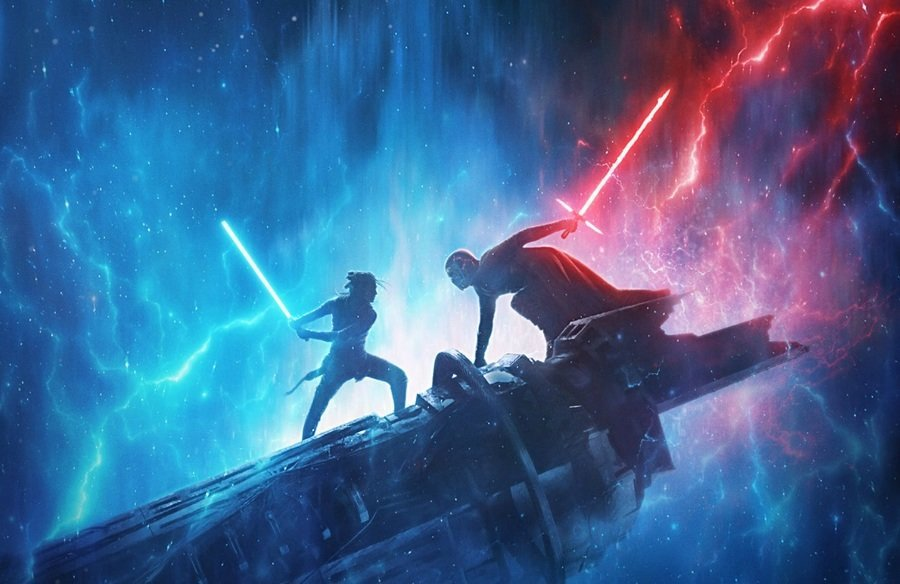
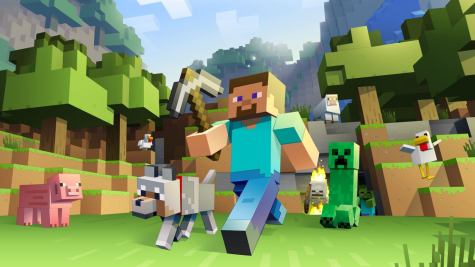
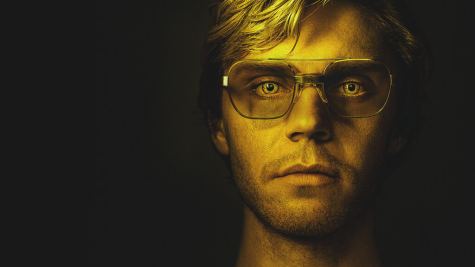
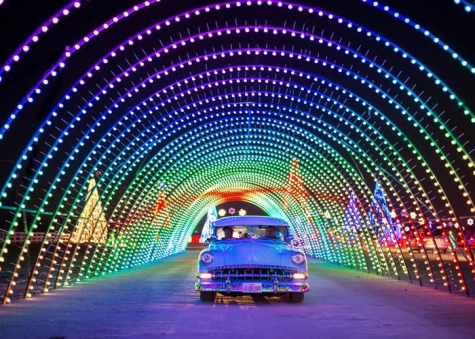
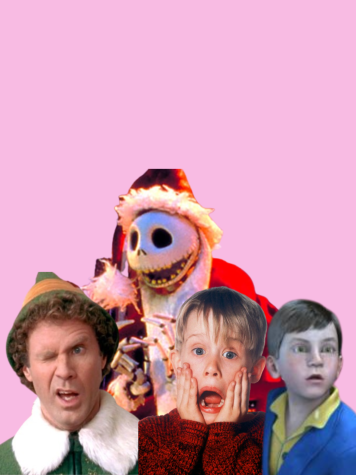
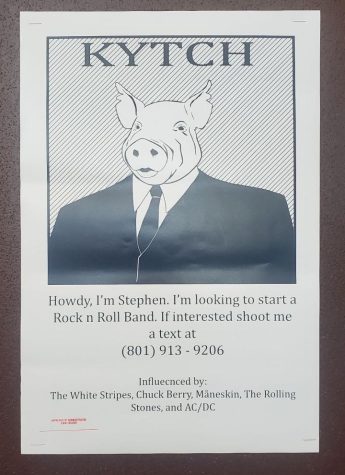

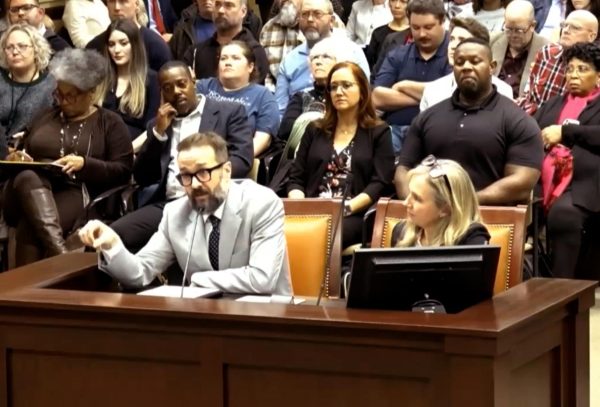







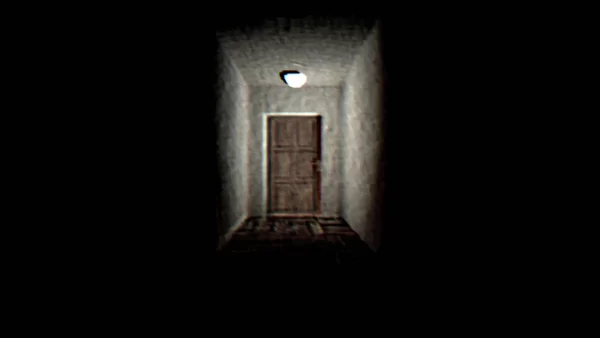
Dino • Sep 21, 2022 at 7:58 PM
This is cool